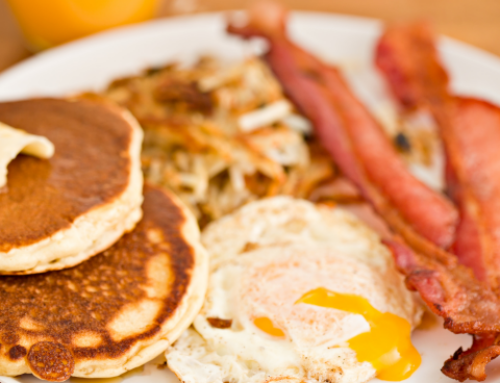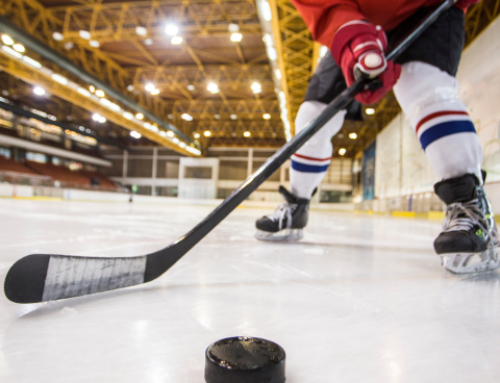How the Glycemic Index Can Help Your Athletic Performance
The glycemic index is a measurement of how quickly a carbohydrate food affects blood sugar levels compared to pure sugar. Foods are ranked on a scale of 0 to 100; and the higher the number, the more rapid the spike in blood sugar levels. High glycemic foods include white bread, instant white rice, candy, mashed potatoes and sugary cereals. Medium glycemic foods include whole wheat bread, raisins, bananas, corn and wild rice. Low glycemic foods include sweet potatoes, brown rice, cherries, beans and milk.
WATCH: The Best Sources of Carbs for Athletes
Following the glycemic index is no replacement for a eating healthy diet filled with fruit, veggies, low-fat dairy, lean protein and whole grains. But it has its place if you’re trying to boost your energy before a big game or workout. Eating the right carbohydrates before and during exercise helps maintain blood sugar levels, prevents fatigue and improves performance. Eating the right carbohydrates after a workout or game can result in greater glycogen replacement and improved muscle synthesis.
But getting the right kind of carbs at the right time can be tricky. Here are some guidelines to help you.
- Several hours before you exercise, eat low to medium glycemic foods that are slow to digest to keep you fueled during exercise. Good bets include oatmeal with fruit, baked sweet potatoes and oat bran cereal with milk.
- Thirty minutes before exercise, eat or drink a high glycemic food such as fruit juice, cornflakes with milk, or a sports drink.
- During intense workouts, eat or drink a high glycemic food such as raisins, pretzels, gel or a sports drink for rapid digestion and increased blood sugar.
- Immediately after exercise, eat high glycemic carbs combined with protein for faster recovery and increased muscle synthesis. Good bets include Greek yogurt with a banana, raisins with string cheese and low-fat chocolate milk.
- During the rest of the day and during meals, eat low to moderate glycemic carbohydrates. Some good choices include rice, hummus, 9-grain whole grain bread, beans and pears.
RECOMMENDED FOR YOU
MOST POPULAR
How the Glycemic Index Can Help Your Athletic Performance
The glycemic index is a measurement of how quickly a carbohydrate food affects blood sugar levels compared to pure sugar. Foods are ranked on a scale of 0 to 100; and the higher the number, the more rapid the spike in blood sugar levels. High glycemic foods include white bread, instant white rice, candy, mashed potatoes and sugary cereals. Medium glycemic foods include whole wheat bread, raisins, bananas, corn and wild rice. Low glycemic foods include sweet potatoes, brown rice, cherries, beans and milk.
WATCH: The Best Sources of Carbs for Athletes
Following the glycemic index is no replacement for a eating healthy diet filled with fruit, veggies, low-fat dairy, lean protein and whole grains. But it has its place if you’re trying to boost your energy before a big game or workout. Eating the right carbohydrates before and during exercise helps maintain blood sugar levels, prevents fatigue and improves performance. Eating the right carbohydrates after a workout or game can result in greater glycogen replacement and improved muscle synthesis.
But getting the right kind of carbs at the right time can be tricky. Here are some guidelines to help you.
- Several hours before you exercise, eat low to medium glycemic foods that are slow to digest to keep you fueled during exercise. Good bets include oatmeal with fruit, baked sweet potatoes and oat bran cereal with milk.
- Thirty minutes before exercise, eat or drink a high glycemic food such as fruit juice, cornflakes with milk, or a sports drink.
- During intense workouts, eat or drink a high glycemic food such as raisins, pretzels, gel or a sports drink for rapid digestion and increased blood sugar.
- Immediately after exercise, eat high glycemic carbs combined with protein for faster recovery and increased muscle synthesis. Good bets include Greek yogurt with a banana, raisins with string cheese and low-fat chocolate milk.
- During the rest of the day and during meals, eat low to moderate glycemic carbohydrates. Some good choices include rice, hummus, 9-grain whole grain bread, beans and pears.











